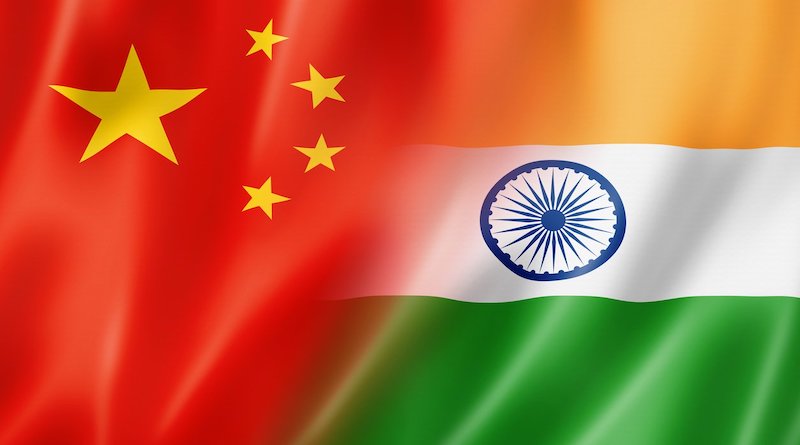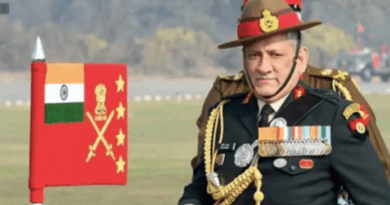India should rethink One China policy, exploit faultlines: former deputy National Security Advisor

DHARAMSALA, 15 June: A former Indian Foreign Service officer has called on New Delhi to rethink and revise its ”One China” policy and exploit the geographic, ethnic, and economic faultlines within the Asian giant, such as Hong Kong, Taiwan, Tibet and Xinjiang, reports the PTI.
“‘One China policy was considered as reciprocity to the ‘One India policy. However, India gave up its influence on Tibet in the 1950s and accepted its annexation by China. This situation as far as Tibet is concerned continued till date,” Arvind Gupta, a career diplomat and former Indian Deputy National Security Advisor was quoted as saying in the report.
“However, India has taken a flexible approach in the past few years on Tibet,” Gupta, Indian Deputy National Security Advisor from 2014 to 2017 has stated at a webinar function in Delhi organized by Law and Society Alliance on Saturday.
He has further cautioned India for “not taking a dynamic approach” and added that “we have not moved very much in revisiting policy and taking forward what was said in the statements,” as he highlighted the “2010 India-China joint statement that didn’t mention the One China policy and India’s external affairs minister Sushma Swaraj’s statement in 2014 on the reciprocity on the unity and sovereignties of each other, and the invite to the Taiwanese representative to join the 2014 Narendra Modi’s oath-taking ceremony.”
Addressing specifically on India, the former diplomat has stated that “India should be supporting the effort of the Tibetans to have self-rule and should give the Dalai Lama more recognition and position in diplomatic engagements, apart from visibility in India’s political circles.”
“India must begin economic and technological engagements with Taiwan, besides supporting it politically,” he added.
Gupta has also spoken on “garnering India’s support to the democratic movement in Hong Kong,” supporting the voices against human rights violations in Xinjiang as well as the importance of beginning economic and technological engagements with Taiwan, besides supporting it politically.






